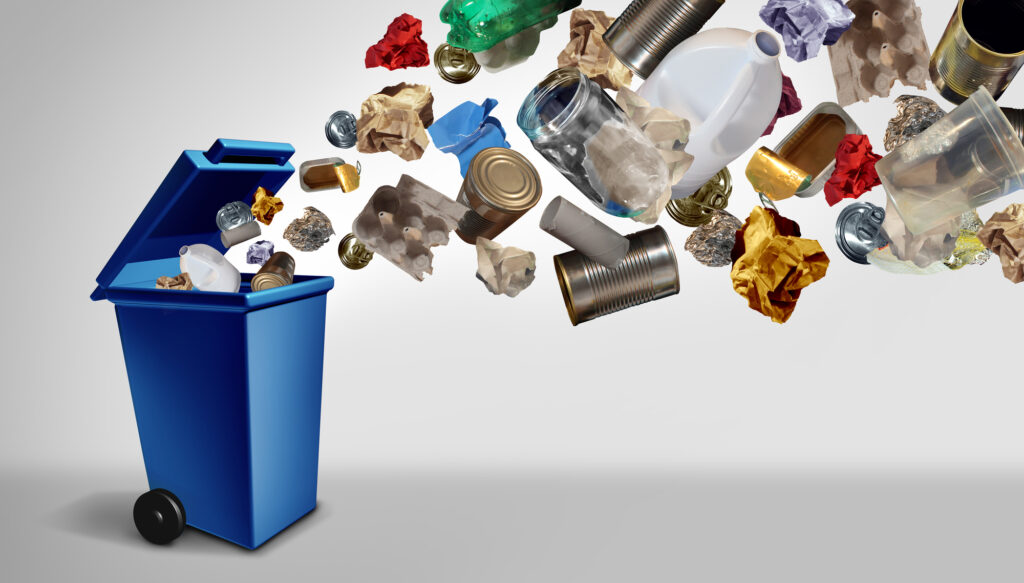The environmentalist association Zero sent Portuguese municipalities a set of recommendations to ensure the reuse and recycling of waste targets, such as community composting in heavily populated areas or changing tariffs, benefiting those who comply.
The recommendations, in seven groups, follow the notice of non-compliance that Portugal received from the European Commission.
The notice, made last June, identified Portugal, with 17 other countries, as at risk of not meeting the 2025 targets for preparing for the reuse and recycling of urban waste, and global packaging waste.
In a statement, Zero recalls that the Strategic Plan for Urban Waste for 2030 (PERSU 2030) obliges municipalities to draw up their Action Plans by the end of the year, in order to apply national targets on a local scale.
And he explains that the recommendations sent address the importance of carrying out a diagnosis of the situation, adapting municipal regulations, changing tariffs so that those complying with them benefit and penalizing those who do not participate.
They also recommend valuing the treatment of biowaste at source, adopting highly efficient collection models and focusing on prevention and reuse.
And for municipal plans to be successful, it recalls some basic principles, such as that the best waste is what is not produced, that it is through public policies that less waste is produced, that treatment close to waste should be privileged, or that there should be accountability for the production of undifferentiated waste.
In the proposals sent to the municipalities, Zero recommends adapting the municipal regulations, including the obligation of separation at source and proper disposal of waste in the containers provided by the Municipality, as well as specific administrative offenses for non-compliance.
Also important is the physical characterization of waste by municipality, which helps with goals but also with prevention, and treatment at the origin of biowaste. Community composting should be prioritized for areas with high population density, and home composting is recommended mainly for rural or peri-urban areas.
Zero also reminds that municipalities can also adopt strategies for collecting some special flows, namely textiles, waste electrical and electronic equipment, furniture, used cooking oil or even sanitary textiles, and that the central objective of any policy must be to prevention of waste production.



















Comments